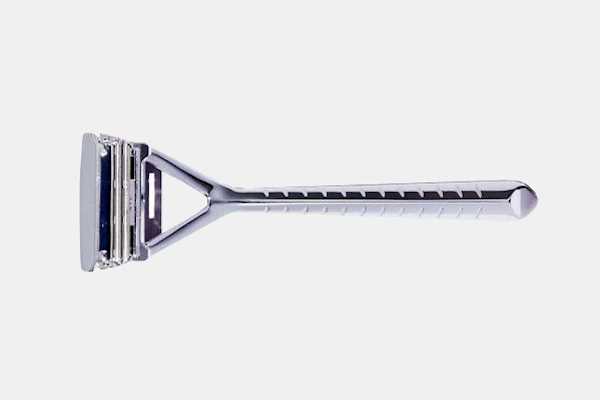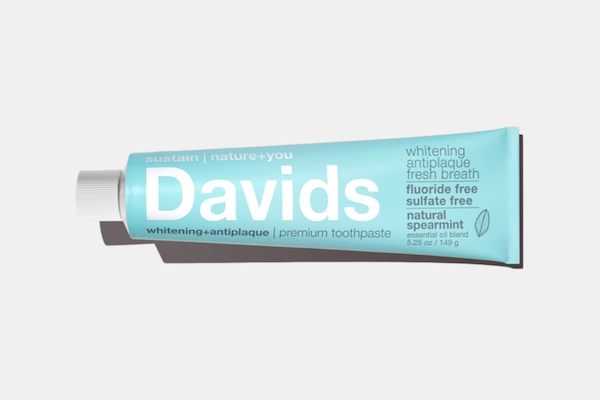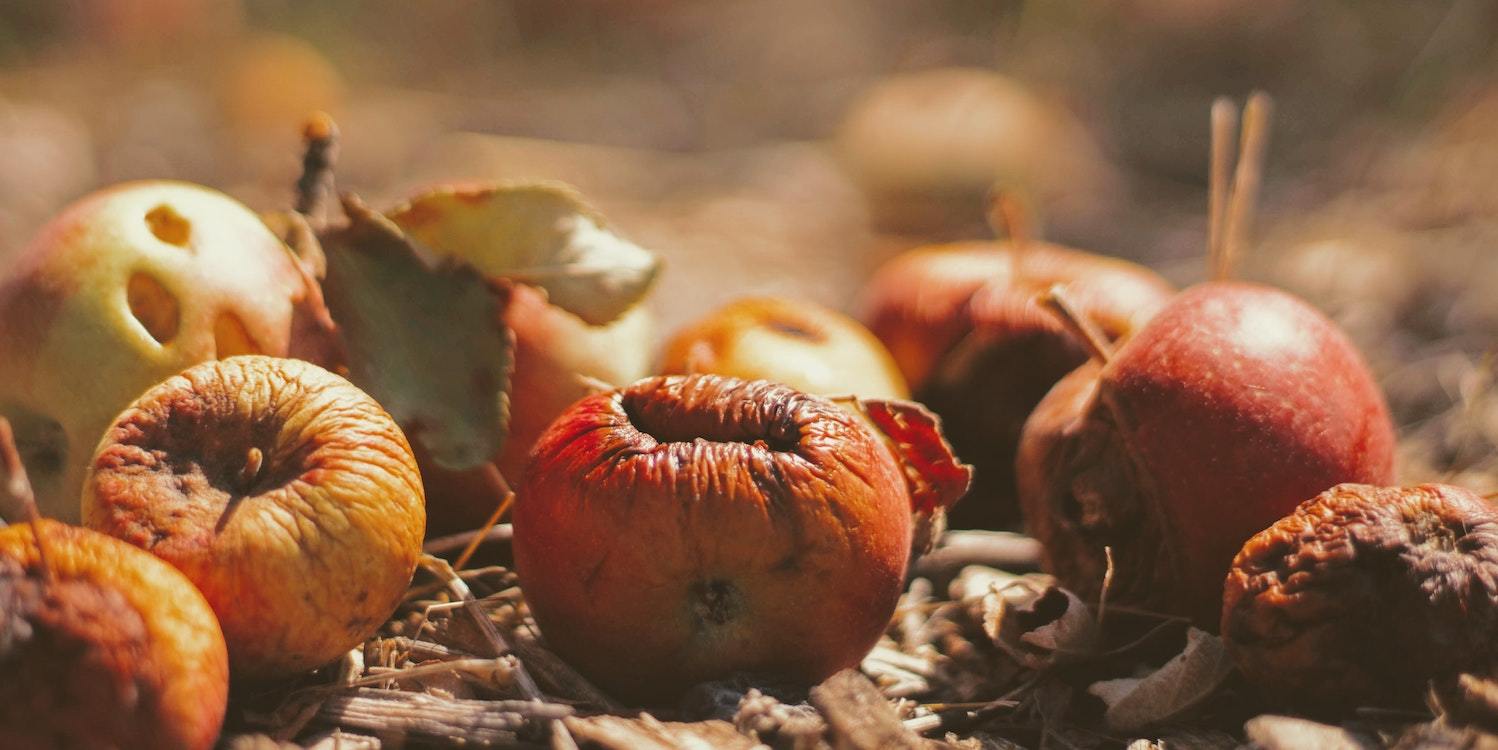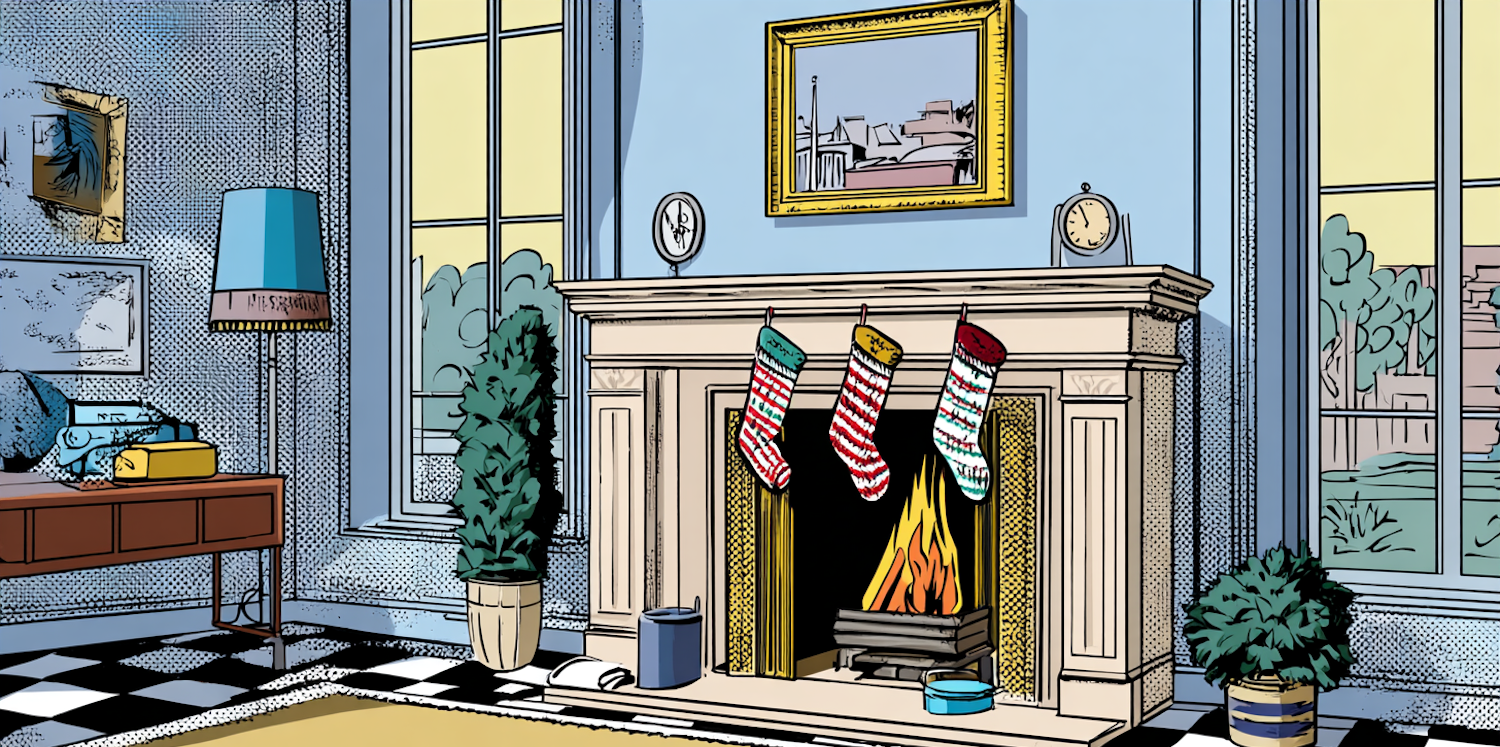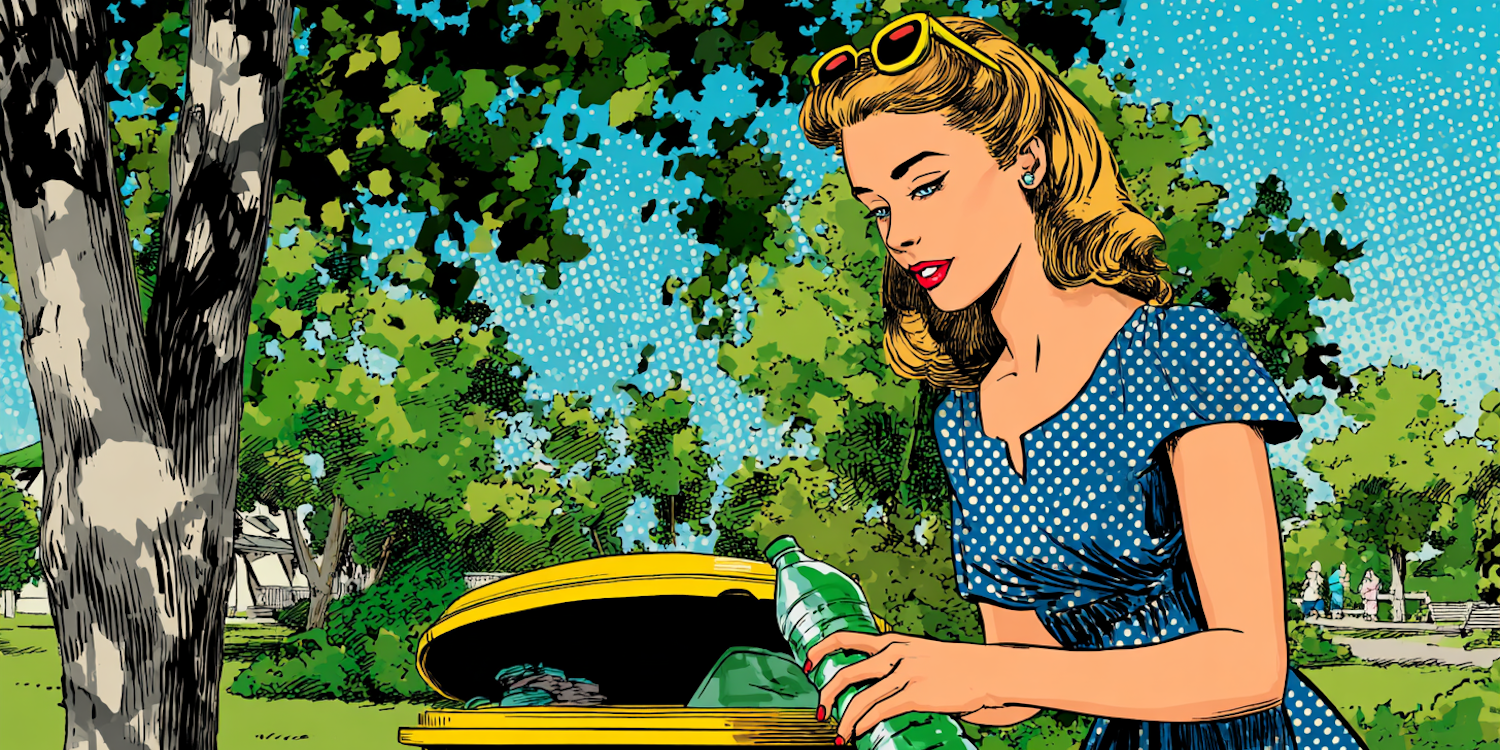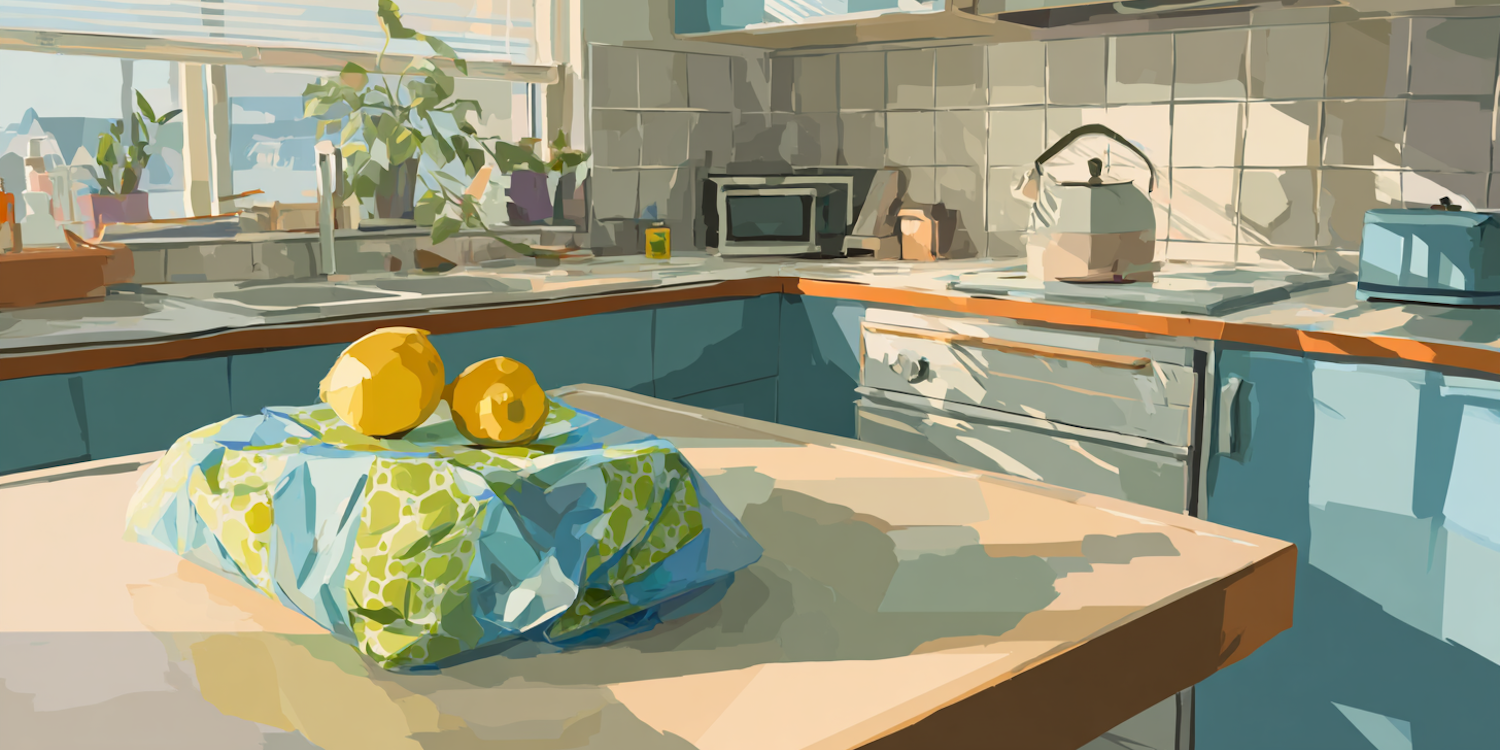If you find yourself scratching your head about the difference between compostable and biodegradable you are not alone. In the process of searching for new ways to reduce waste and find more eco friendly products, the terms compostable and biodegradable may seem to appear regularly. We’re going to help break this down (no pun intended) so that next time you come across these terms you are armed with the right information.
What Makes Something Biodegradable
By definition, when something is biodegradable it means that it will decay naturally without harming the environment. For example: Given the right conditions, organisms such as bacteria or fungi, will eat away at a banana peel, turning it back into natural elements relatively quickly. When things like this decay, they release compounds that are now able to feed into important cycles that help the environment around them. Unfortunately, many products we consume contain harmful chemicals that will have a negative effect on the ecosystem around them.
There are lots of materials that are biodegradable that will not pollute our earth, such as food scraps or yard waste; some other items would be paper or non-treated wood. However these items may not decompose as efficiently in landfills where the specific conditions required are not met. It is important to dispose of biodegradable products correctly so that nature can take its course. In the United States alone, an estimated 35 million tons of food waste ends up in landfills each year. A great way to reduce your environmental impact, dispose of your organic material by putting it in a compost bin or even burying it in a garden.
An estimated 35 million tons of food waste ends up in landfills each year.
The Meaning of Compostable

For product or item to be classified as compostable, it simply means it is made from organic material that can decay. However, this does not mean it can be put directly in your home compost. Some material labeled compostable will only decay under very specific conditions which can not be met in your backyard. Materials such as PLA (polylactic acid), which use natural resources to create a compostable plastic, require a specific composting process. PLA will only decompose into water and carbon dioxide, under specific conditions, making it not as environmentally friendly as you would hope.
A key item to be aware of is that different materials may require different processes in order to decompose. Put your green and brown materials (food scraps and yard waste) into a compost heap; the finished compost can be used to fertilize plants in your home or garden, or it can just be spread out on the grass. Find out how to compost any other material properly by researching the product. Many urban areas offer large scale industrial composting and curbside pickup which can be a great solution. A great place to start is by following the guidelines set by your city’s composting program; if they don’t have one, consider researching and composting at home.
Key Takeaways
It is important to understand that whale related, biodegradable and compostable are not the same thing. Be aware that some companies label their products as such, but they may not be able to decompose safely in your home compost. Reusable products will always be better for the environment than single use products, however, compostable and biodegradable products are certainly a strong step in the right direction. We can each do our part to reduce waste in landfills by composting as much waste as we can; when food scraps go to the landfill they often decompose anaerobically (without oxygen), which releases methane gas, further polluting our atmosphere. If you haven’t already, consider getting a composter in your kitchen or using a bin in your backyard, you can reduce your carbon footprint and help make the world a greener place.
Written by: Alex W.

